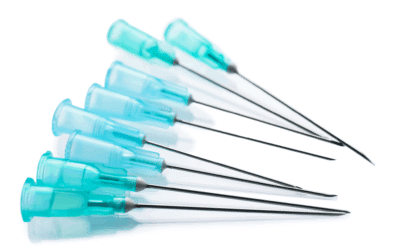
Many women find that before or during their menstrual cycle they get headaches.
The drop in estrogen levels right before a woman’s cycle causes erratic fluctuations in her hormones which can stimulate headaches.
During pregnancy, estrogen levels rise, so many women find that their migraines vanish during pregnancy. However, after pregnancy, estrogen levels drop again, and the migraines return. Birth control pills are also known to cause a woman’s hormone levels to rise or fall.
In the time leading up to menopause, woman’s migraines tend to worsen. However, about 2/3 of women who suffer from migraines report that their symptoms get better when they reach menopause.
If you show any of the following symptoms it could mean that your are suffering from hormonal headaches:
– loss of appetite
– fatigue
– acne
– joint pain
– lack of coordination
– cravings for alcohol or salt
There are several factors that could contribute to hormonal headaches:
– skipping meals
– severe weather changes
– too much caffeine or caffeine withdrawal
– processed meat or aged cheeses
– alcohol (particularly red wine)
– artificial sweeteners
Luckily, there are ways you can combat these migraines and headaches, despite your fluctuating hormones.
Try any of the following methods to treat your menstrual-related migraines:
1). Hold an ice pack to the painful area on your head or neck
2). Perform relaxing exercises to relieve stress and tension
3). Rest in a cool, dark room.
4). Drink water to stay hydrated
5). Try Dry Needling/Acupuncture; it may improve your headaches and help you relax
At Novera, we have seen many patients with hormonal headaches find relief. Our focus is not on changing the hormonal response, rather on correcting the underlying source of pain. Many women will present with a heightened migraine experience as hormones fluctuate, but it is still crucial to address any underlying source of pain.




